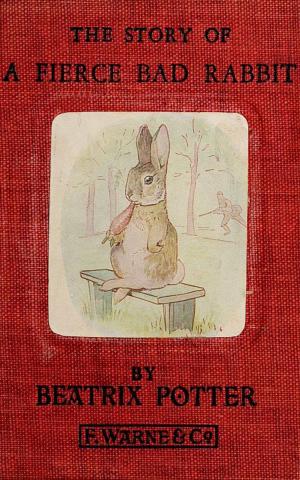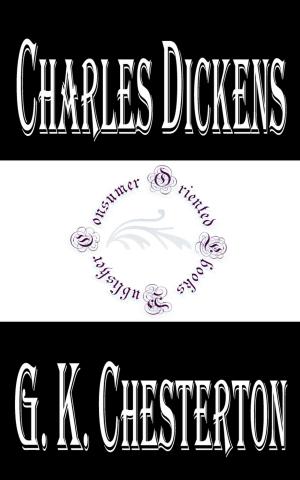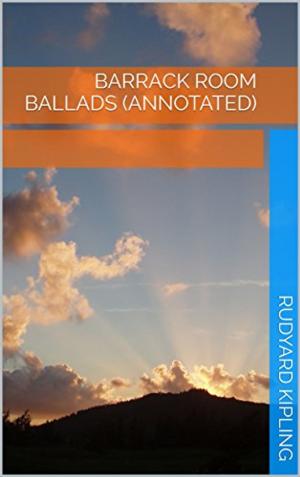Homer and His Age (Annotated)
Nonfiction, History, Ancient History, Greece, Civilization, Biography & Memoir, Historical| Author: | Andrew Lang | ISBN: | 1230000249058 |
| Publisher: | Consumer Oriented Ebooks Publisher | Publication: | June 29, 2014 |
| Imprint: | Language: | English |
| Author: | Andrew Lang |
| ISBN: | 1230000249058 |
| Publisher: | Consumer Oriented Ebooks Publisher |
| Publication: | June 29, 2014 |
| Imprint: | |
| Language: | English |
*This Book is annotated (it contains a detailed biography of the author).
*An active Table of Contents has been added by the publisher for a better customer experience.
*This book has been checked and corrected for spelling errors.
In _Homer and the Epic_, ten or twelve years ago, I examined
the literary objections to Homeric unity. These objections are
chiefly based on alleged discrepancies in the narrative, of which
no one poet, it is supposed, could have been guilty. The critics
repose, I venture to think, mainly on a fallacy. We may style it
the fallacy of "the analytical reader." The poet is expected to
satisfy a minutely critical reader, a personage whom he could not
foresee, and whom he did not address. Nor are "contradictory
instances" examined--that is, as Blass has recently reminded his
countrymen, Homer is put to a test which Goethe could not endure.
No long fictitious narrative can satisfy "the analytical reader."
The fallacy is that of disregarding the Homeric poet's audience.
He did not sing for Aristotle or for Aristarchus, or for modern
minute and reflective inquirers, but for warriors and ladies. He
certainly satisfied them; but if he does not satisfy microscopic
professors, he is described as a syndicate of many minstrels,
living in many ages.
In the present volume little is said in defence of the poet's
consistency. Several chapters on that point have been excised. The
way of living which Homer describes is examined, and an effort is
made to prove that he depicts the life of a single brief age of
culture. The investigation is compelled to a tedious minuteness,
because the points of attack--the alleged discrepancies in
descriptions of the various details of existence--are so minute as
to be all but invisible.
*This Book is annotated (it contains a detailed biography of the author).
*An active Table of Contents has been added by the publisher for a better customer experience.
*This book has been checked and corrected for spelling errors.
In _Homer and the Epic_, ten or twelve years ago, I examined
the literary objections to Homeric unity. These objections are
chiefly based on alleged discrepancies in the narrative, of which
no one poet, it is supposed, could have been guilty. The critics
repose, I venture to think, mainly on a fallacy. We may style it
the fallacy of "the analytical reader." The poet is expected to
satisfy a minutely critical reader, a personage whom he could not
foresee, and whom he did not address. Nor are "contradictory
instances" examined--that is, as Blass has recently reminded his
countrymen, Homer is put to a test which Goethe could not endure.
No long fictitious narrative can satisfy "the analytical reader."
The fallacy is that of disregarding the Homeric poet's audience.
He did not sing for Aristotle or for Aristarchus, or for modern
minute and reflective inquirers, but for warriors and ladies. He
certainly satisfied them; but if he does not satisfy microscopic
professors, he is described as a syndicate of many minstrels,
living in many ages.
In the present volume little is said in defence of the poet's
consistency. Several chapters on that point have been excised. The
way of living which Homer describes is examined, and an effort is
made to prove that he depicts the life of a single brief age of
culture. The investigation is compelled to a tedious minuteness,
because the points of attack--the alleged discrepancies in
descriptions of the various details of existence--are so minute as
to be all but invisible.















